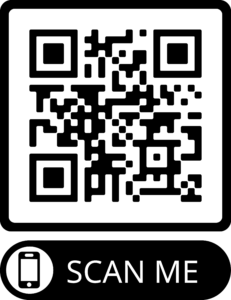Common Covid-19 symptoms:
• Fever or Chills.
• Cough.
• Shortness of breath or difficulty breathing.
• Fatigue or Weakness.
• Muscle or body aches.
• Headache.
• Loss of taste or smell.
• Sore, itchy throat.
• Congestion or runny nose.
• Nausea or vomiting.
• Diarrhea.
People who test positive for COVID-19 might not develop symptoms and not all symptomatic people will experience all symptoms. If you are experiencing symptoms, it is important to check with your healthcare provider for signs of COVID even if you’ve been vaccinated.

